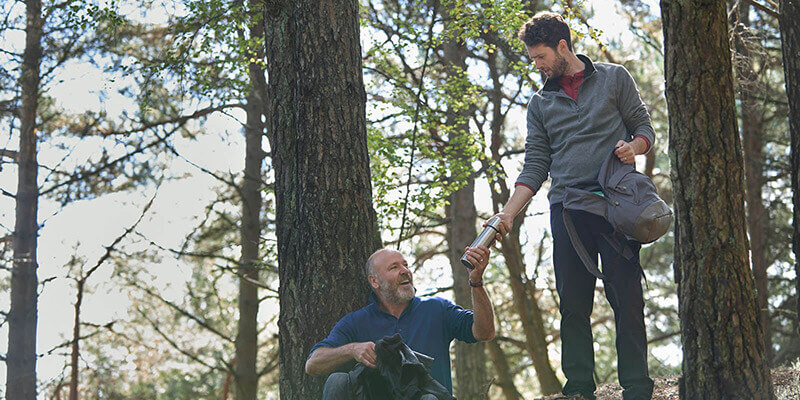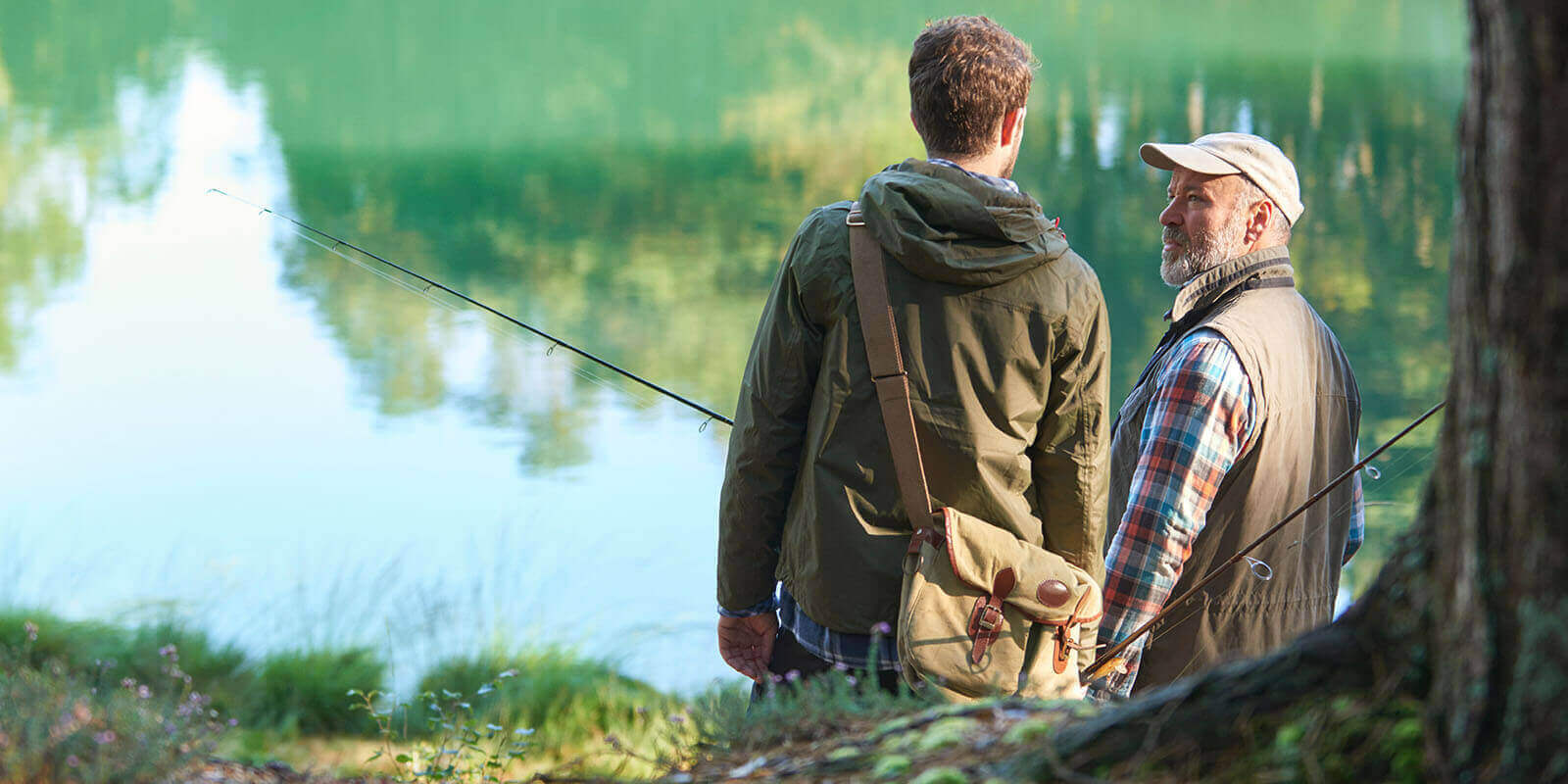Credit card safety & security
Staying safe

In a world of online banking and rapid technical change, credit card security and ID Theft are critically important issues.
Ignore them and you're taking risks with your reputation and financial status. So it pays to be always on your guard when you're using your credit card.
Whether it's online, in the shops or at the cash machine, make sure you keep your card details safe at all times.
Identity theft protection
With just a few of your personal details from your dustbin, your PC, even your mail, an identity thief can open credit cards, arrange loans and make purchases in your name, without you knowing. Scams are getting increasingly sophisticated, we all think we're too smart to be caught out but it can happen to the best of us.
Here are a few simple steps you can take to protect yourself from Identity Theft:
- Shred anything that contains personal information, including letters, bills and receipts so it can't fall into the wrong hands.
- If you move home, tell your bank, credit card providers, mobile phone operators etc. and make sure you set up a Royal Mail redirectopens in a new tabto your new address
- Close any accounts you don't use anymore
- Check your credit file regularly
- If you think any of your post is missing or stolen contact the Royal Mail
- If you share your mailbox make sure you check and collect any items regularly
Credit card protection
Chip & PIN sounds like a crime fighting duo and in a way it is, it's a more secure way for you to use your credit and debit cards, and help protect you against fraud. The Chip is unique to your card and the PIN works to authorise payment in shops or allow you to use ATMs. It's the same PIN wherever you are in the world so make sure you pack your credit card next time you are away. Remember you may be charged a fee for using your card abroad.
Simple steps to protect you from credit card fraud
- Don't allow anyone else to use your credit cards or credit card cheques
- It's important to keep your PIN safe and to yourself
- Never share your PIN with anyone - your banks, credit card providers etc. will never ask you to reveal it
- Memorise your PIN and do not write it down
- Check your credit card and bank statements regularly and call your bank or credit card provider if you don't recognise any transactions
- If you lose your card, call your bank or credit card provider, they can cancel your old card and issue a new one
- Try to keep your card in sight when in shops or restaurants
- If a cash machine looks like it has been tampered with, do not use it and report it to the bank
Email scam protection

There are a number of ways you can be targeted online. Shopping, using social networking websites and even emails all pose different risks...
Phishing Emails
Phishing, in simple terms is someone trying to trick you into giving your personal information such as usernames, passwords and credit card details via an email that looks like it's from your bank. This sneaky approach is very successful and fools a lot of people causing massive headaches.
Banks and credit card companies will never email to ask you for confidential information so even if it looks like it could be from one, don't respond and alert your bank.
Another popular phishing scam is to email you to claim that your account will be closed unless you confirm confidential personal information or update security details. These are not genuine emails from Capital One, Mastercard® or VISA.
Hoax Emails
Emails which sound too good to be true usually are. So if you receive an elaborate story to make you think you can make some easy money from someone you've never heard of, do yourself a massive favour and bin it.
If you think you've received a hoax email pretending to be from Capital One, please forward it to abuse@capitalone.com.
If you are concerned that you may have divulged confidential personal information about yourself or if your Capital One security details have been compromised, please contact us immediately.
Here are a few simple steps you can take to protect yourself on the internet: